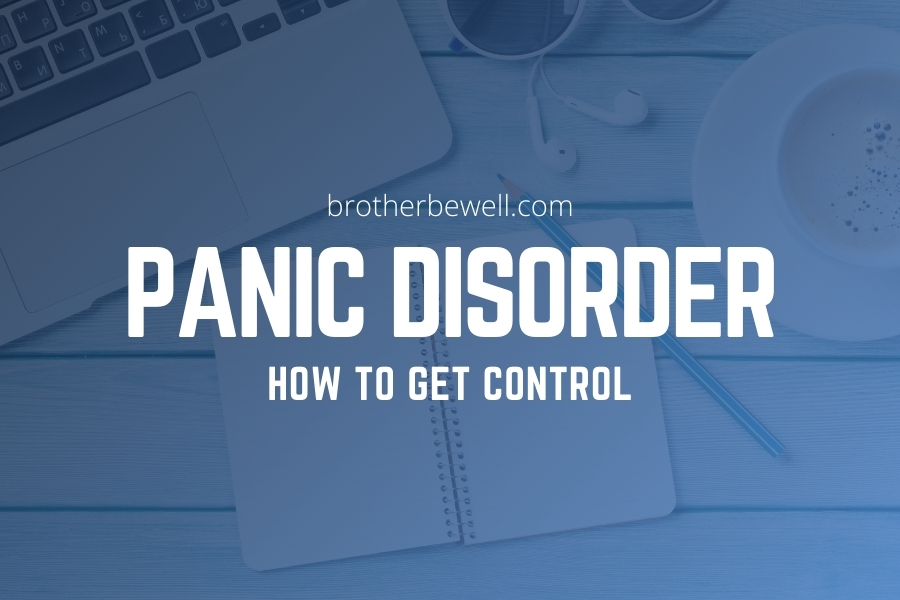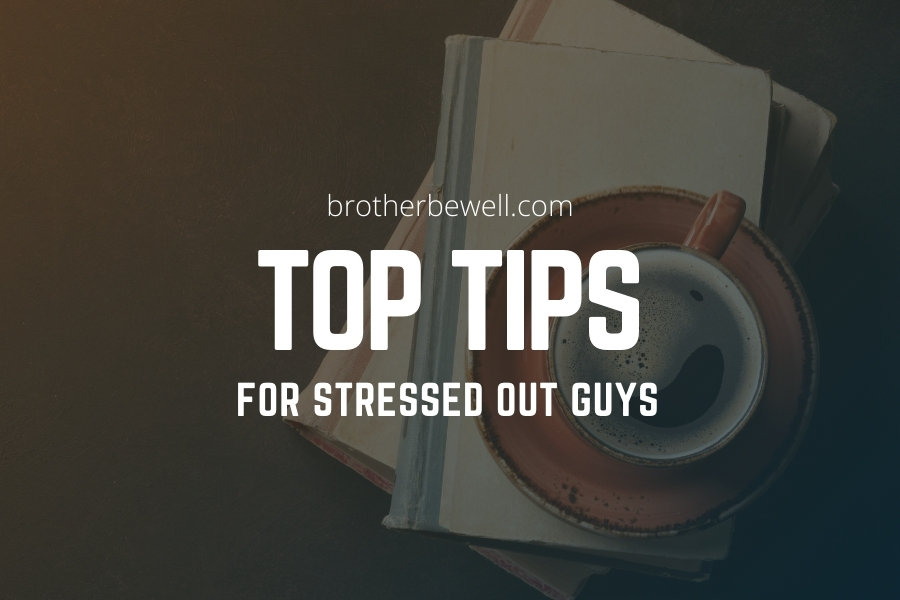You are chatting with a friend. Then a sudden sense of intense foreboding envelops you. You feel nauseated and begin to hyperventilate. You feel afraid because you’re wondering if it is a heart attack or if you are about to die. Then the feeling starts to die down, and you are back to normal. What on earth was that?
According to Medicine Journal, panic disorder is an anxiety disorder. Sufferers get repeated and sudden panic attacks. These attacks include palpitations, sweating, shortness of breath, and chest discomfort. Sufferers also experience abdominal distress, dizziness, and fear of dying.
So what are the symptoms of panic disorder? According to Healthline, it’s when you experience recurring sudden panic attacks. The Diagnostic and Statistical Manual of Mental Disorders has another definition. Panic attacks are unexpected waves of extreme fear or uneasiness. These surges reach their highest point within minutes. People with this condition are afraid of getting another panic attack.
So far, it doesn’t appear conclusive what causes it. Nonetheless, like other anxiety disorders, mental health professionals believe it to be hereditary. Experts are yet to discover why but believe genetics is a predisposing factor. Persons with other mental illnesses may be at greater risk for panic disorder. Major life events can also contribute to one developing a panic disorder. Examples of such events are marriage, a new job, or losing a loved one. Researchers are also exploring how stress and environmental factors may play a role.
Recurrent panic attacks can be debilitating and may affect quality of life. Yet, all is not lost, and you can manage this condition with adequate treatment. Consult with a health professional. He or she may recommend a combination of medication and psychotherapy. It is also essential to maintain a healthy lifestyle. Exercise, including yoga, a healthy diet, and enough quality sleep, are essential for stress reduction. Learning and practicing relaxation techniques can also help to combat the disorder.



